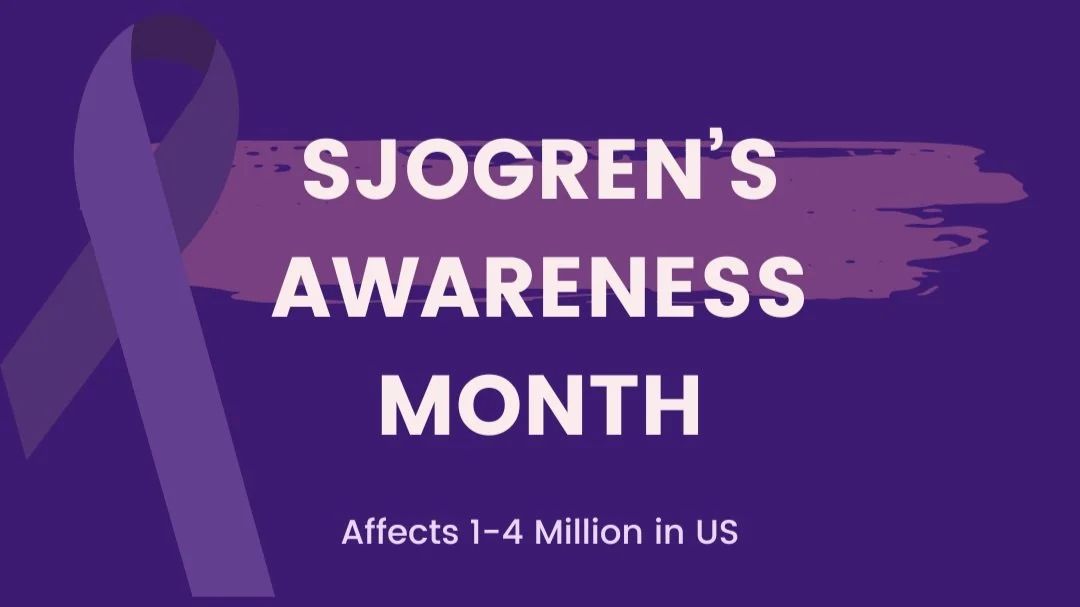As of January 2023, an estimated 11% of Americans continue to experience post-COVID symptoms such as joint pain and brain fog, which are common autoimmune symptoms. With a serious infection like COVID, the immune system sometimes creates fast-acting antibodies, as opposed to antigen-specific antibodies (which can take 1-2 weeks to generate). These fast-acting antibodies may attack a range of tissues, including the body’s own tissues. Although they are usually short-lived, in some cases, they stay around after the infection, leading to continued autoimmunity and associated symptoms.
A recent study found that those who contracted COVID were two to three times more likely to develop an autoimmune disease like systemic lupus erythematosus, rheumatoid arthritis, Sjogren’s, dermatopolymyositis, and scleroderma. Moreover, a pre-printed study (not yet peer reviewed) found that individuals who contracted COVID had a 42.6% increased risk of developing an autoimmune condition within 3-15 months after infection. Patients who experienced more severe infections were also found to have a higher risk of developing an autoimmune disease.
These studies suggest that the incidence of autoimmune diseases will likely experience a jump after COVID, though there has been evidence that the incidence was already steadily rising prior to the pandemic. This is consistent with previous knowledge that autoimmune conditions are associated with viral infections, such as the Epstein-Barr. Researchers also suggested that those who develop autoimmune diseases after COVID “may have already been predisposed to autoimmunity.”
To support the Autoimmune Registry, please join our registry or share it with a friend who has an autoimmune condition. Donations are also greatly appreciated!













